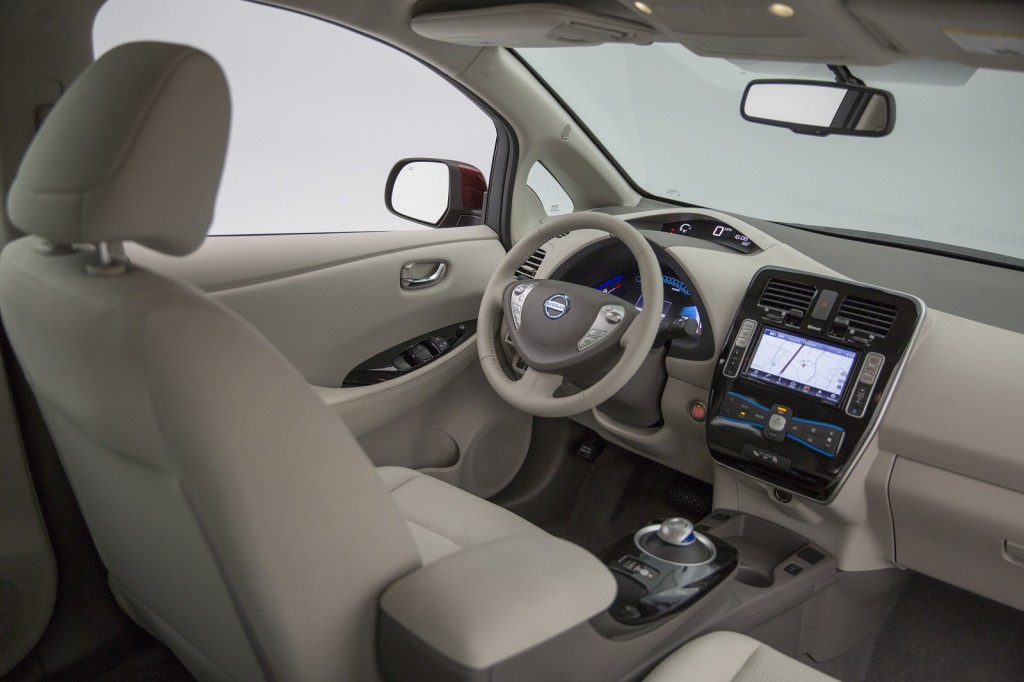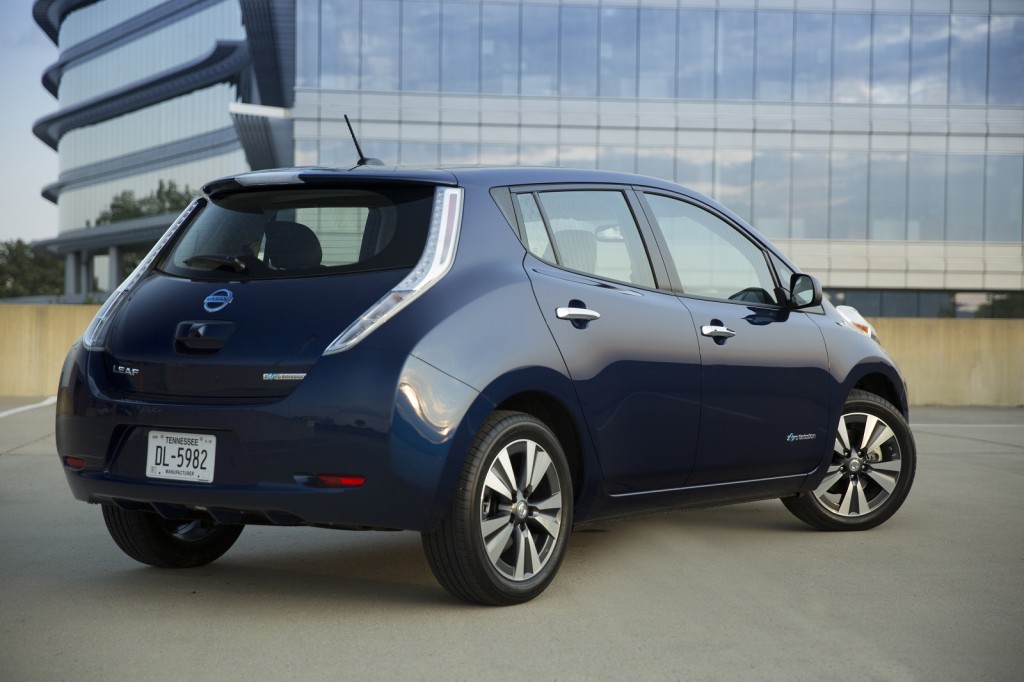Nissan Leaf batteries are lasting a long time, according to an executive with the automaker, and that may push mass reuse and recycling further into the future.
"Almost all of the batteries we've made are still in cars," Nissan UK marketing director Nic Thomas said last month in an interview with Forbes (via Charged EVs). Recall that Nissan was among the first automakers to launch a modern electric car, delivering its first Leaf hatchbacks in the U.S. in December 2010.
This follows comments made by Nissan in 2019 when, based on then-current charging and degradation data, the automaker predicted that most battery packs would easily outlast the vehicles—and not just the ones that are crashed.

2016 Nissan Leaf
Nissan doesn't have a stockpile of batteries to be recycled or converted to other uses, Thomas said in the interview. The automaker has used EV batteries as stationary power sources in a handful of demonstrations, and Thomas said a new UK factory currently under construction will use EV batteries to store power generated by solar panels and wind turbines.
But it seems Nissan EV batteries are mostly still being used for their original purpose. Anecdotally, the same might be true for original Tesla Model S vehicles, which had water-cooled battery packs that arguably kept the cells more thermally protected than early Leaf batteries, although the battery management system (BMS) plays a strong role in the long-term health of the pack as well.
The auto industry continues to weigh whether to reuse or recycle older battery packs. The predicted lifespan of packs in vehicular use is just one of the factors in calculating which approach is better.

2016 Nissan Leaf
Second-life energy-storage uses remain attractive as a way to increase use of renewable energy sources like wind and solar by storing excess power and discharging it whenever peak demand might be. The auto industry's EV ramp-up, and accompanying concerns about the cost and environmental impact of sourcing battery raw materials, has led to increased interest in recycling.
Over the past several years, large-scale recycling companies—like Redwood Materials—have emerged. Redwood has now partnered with Ford, Volkswagen/Audi, Toyota, and others.
Some are predicting the market for battery recycling won't heat up until 2030. And by then, solid-state batteries may have been introduced, hopefully with lower resource and materials demands. That means that the Biden administration's push to develop a local supply chain and a battery-recycling ecosystem might actually be well ahead of the curve.












